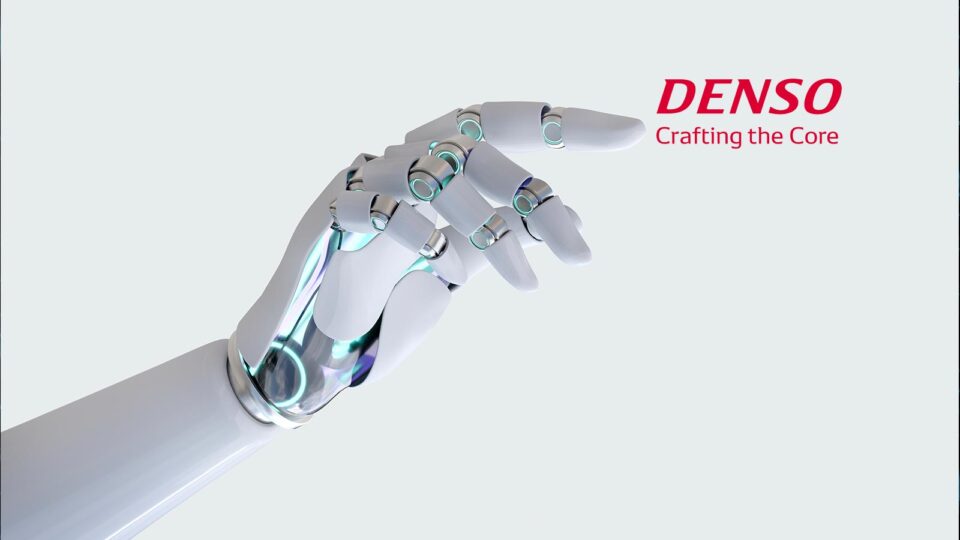Tokai University, Toyohashi University of Technology, Chubu University, and DENSO Corporation have been developing testing equipment to detect SARS-CoV-2 with support from the Japan Agency for Medical Research and Development (AMED)(1). Universities and DENSO announced today that the group has succeeded in developing a biosensor based on a new mechanism and detecting SARS-CoV-2. The group will accelerate the development toward practical application to contribute to early diagnosis of infectious diseases, which is a key factor in limiting virus’ spread.
|
To prevent the medical system from being overwhelmed due to viral infectious diseases, it is essential to prevent the spread of viruses by early diagnosis and isolation. At present, PCR tests(2) and antigen tests(3) are used for the diagnosis of SARS-CoV-2. However, these tests cannot evaluate “virus infectivity,” which indicates the power of the detected virus to infect. PCR tests are characterized by its high virus detection sensitivity, but effort of sample pretreatment process imposes a high workload on medical professionals. Meanwhile, antigen tests are simple, but the detection accuracy varies. There has been growing demand for a high-sensitivity and simple detection method to evaluate viral infectiousness.

Top iTechnology Security News: Asana Enterprise Work Graph: Helping the World’s Largest Organizations Achieve Clarity in Unclear Times
The universities and DENSO have been developing a biosensor for clinical testing equipment to enable high sensitive and quick quantitative detection of viral infectivity. Unlike PCR tests and antigen tests, the biosensor detects the spike protein(4) on the virus surface, which triggers infection, by using a semiconductor sensor and aptamer.(5) The group has succeeded in developing highly sensitive detection of SARS-CoV-2 with high sensitivity by using this technique for the first time in the world.(6)
The semiconductor sensor can quantitatively measure the viral load by using electrical signals. Thus, it is expected to be used to determine the status of infection and confirm the efficacy of treatment with high accuracy. An aptamer is small in size and binds selectively to various types of protein. It is also easy to design and can be mass-produced quickly, and so the aptamers can be used to detect unknown viruses.
The goal of the development of the biosensor by the universities and DENSO is to determine the infectivity of SARS-CoV-2 and offer novel tests which have virus detection sensitivity equivalent to that of PCR tests and which is as simple as antigen tests. The group will enhance the basic technology and accelerate the development toward practical application.
Top iTechnology Networking News: Command The 5G Network VIAVI Introduces Industry’s First Field Test Instrument for O-RAN Deployment
The universities and DENSO remain committed to preventing the spread of SARS-CoV-2 infection by harnessing the technologies that have been refined through the project.
(1) AMED
Universities and DENSO develop biosensor with the support of AMED, with the project called “Advanced semiconductor sensor-based biomolecule detection system towards diagnosis of infectious SARS-CoV-2”
(2) PCR test
A test for detecting genes in a virus.
(3) Antigen test
In a typical antigen test, the nucleocapsid protein in a virus is detected using an antibody.
(4) Spike protein
Protein on the virus surface. It has the function of binding to human cell receptors and triggers infection.
(5) Aptamer
An artificially synthesized nucleic acid molecule. It bonds with specific substances.
(6) For the first time in the world
World’s first technology to detect the spike protein by using a semiconductor sensor and aptamer.
Top iTechnology Automation News: Rockwell Automation Names Veena Lakkundi Head of Corporate Strategy and Development
[To share your insights with us, please write to sghosh@martechseries.com]



